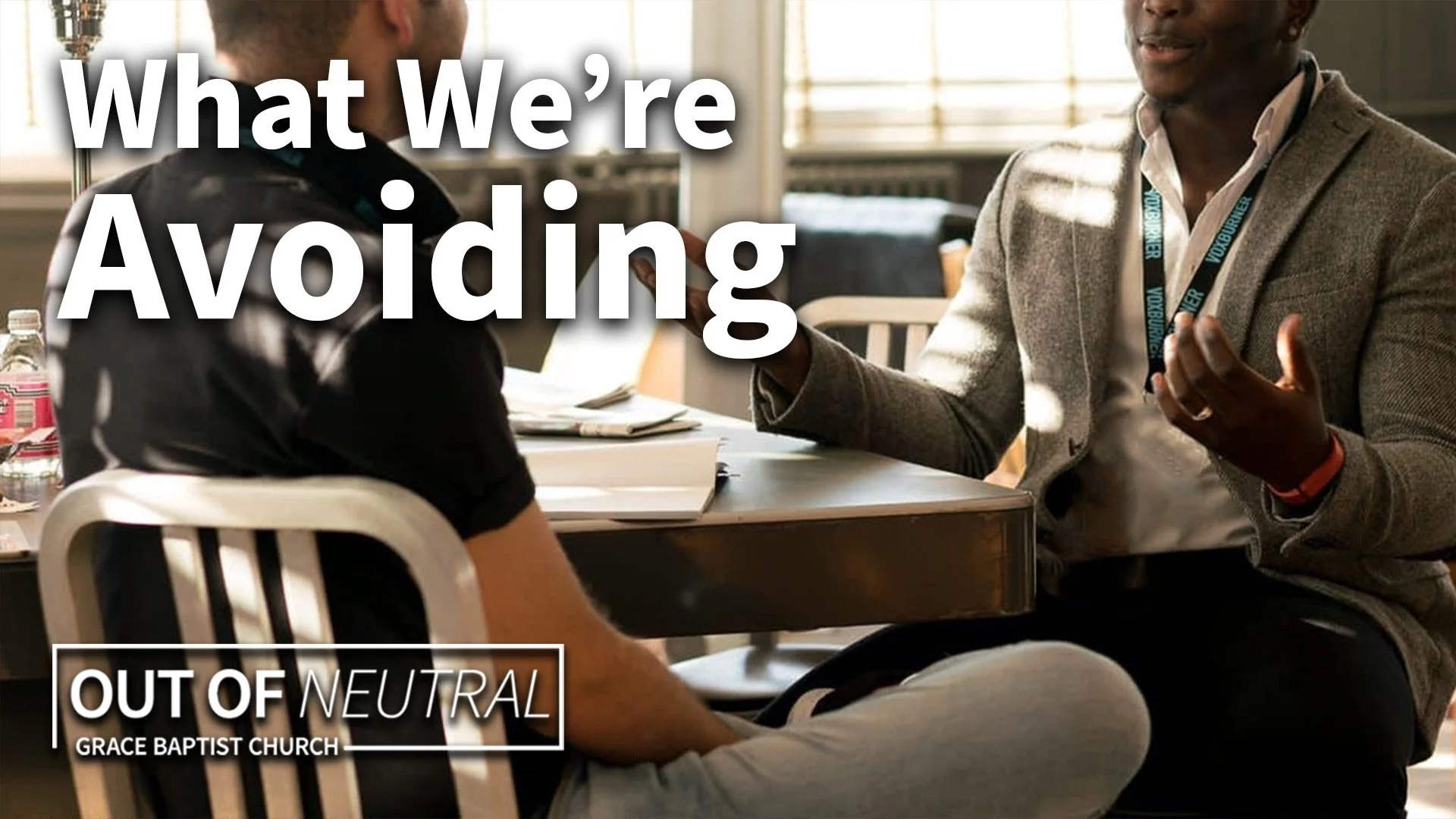I had given a book about Christianity to someone who had shown interest in learning more. When he returned it quickly, I assumed that he wasn’t interested. To my surprise, he told me that it had changed his thinking completely. That doesn’t happen every day, so I pulled out a short booklet that explains the gospel and asked whether he would like to sit down with me and look through it together. He said, “Oh, I’ve already seen that.” I was caught by surprise and felt a little awkward, so I retreated and changed the subject, vowing to try again another day. When I got home, I heard from another ministry leader that he had led him in a prayer of faith.
While we can’t get every conversation perfect, the exchange that I had that day highlighted for me why I often miss opportunities to talk with people about things that matter. When a conversation feels awkward, my instinct is to clam up and withdraw. The book, Crucial Conversations: Tools for Talking When Stakes Are High, has helped me in dealing with this tendency.
The Fool’s Choice: Fight of Flight
The authors introduce the concept of “The Fool’s Choice.” In the same way that people’s response to conflict is often either fight or flight, when there’s something delicate to deal with most people assume that their only options are to keep silent or preserve the relationship. Assuming those are the only two alternatives is the fool’s choice. We need to think through the other options. They urge people to consider how to be completely honest and also completely respectful. Again, most of us are good at only one-half of this equation. If we’re going to have healthier conversations and stronger relationships, we need to grow in both of these areas.
People who say too much need dialogues, not monologues
For people who tend to say too much, the solution is dialogue. Ever try to have a one-way conversation with your teen about a difficult topic? How did that work out? If you’re in a conversation and the stakes are high, a monologue is usually a prequel to disaster. We’re forcing the conversation whether the person is ready for it or not. We’re going to “get it out” and “say our peace,” and we’re not too interested in how the other person feels about it. The Bible says, “let every person be quick to hear [and] slow to speak” (James 1:19). If it’s important enough to talk about, it’s important enough to have a dialogue. Ask questions, listen, and assume that you need more information instead of just saying your peace and letting the chips fall where they may.
People who say too little need dialogues, not assumptions
Sometimes, instead of saying too much, we say too little. We fear damaging the relationship. We fear the awkwardness. We fear the pushback. With all of our fears, there are assumptions, however. We assume that the relationship is so fragile, there’s no possibility of an honest and constructive conversation. We assume that there’s no way to discuss something delicate without there being awkwardness. We assume the other person will be too defensive to listen to us. Martin Luther King Jr. said, “Our lives begin to end the day we become silent about things that matter.” The person who says too little needs the same thing as the person who says too much: dialogue. Instead of making assumptions about what the other person is thinking, have a conversation and try to learn what they’re thinking while you share what’s on your heart.
When the person I was talking to said they had already seen the booklet about the gospel I pulled out, I turned to assumptions instead of dialogue. I assumed they thought the little booklet was ridiculous. I assumed they didn’t want to talk about it. I assumed they weren’t interested in going any farther. If I had leaned into dialogue instead, I might have asked, “What did you learn? What did you think of it? Do you want to talk about it?” Thankfully, we’re not alone, and in this case, someone else picked up where I ducked out.
For any of you who share those tendencies, hear God’s assurance to Paul as he ministered in Corinth: “Do not be afraid, but go on speaking and do not be silent, for I am with you” (Acts 18:9-10).
Next time, we’ll look at what can go wrong and what to look out for as you reject the fool’s choice and lean into a dialogue about the things that matter.
In awe of Him,
Paul














